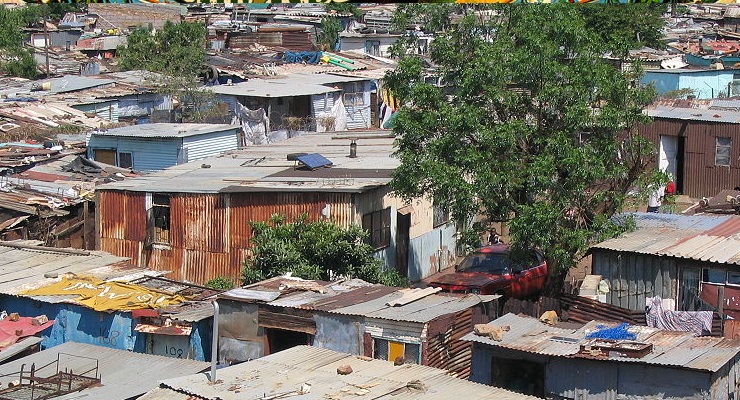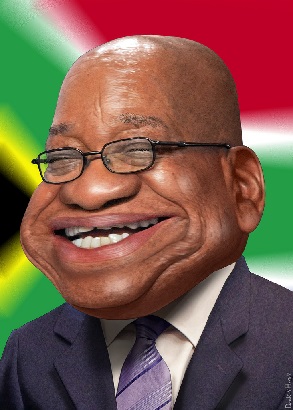
The University of Johannesburg’s Research by the Centre for Social Change confirms from 1997 to 2013 there has been only an average of 900 community protests a year in South Africa, while in recent years the number has increased to 2,000 protests yearly. This growth in protests show an amplified resistance towards the failure of the current leadership’s ability to serve.
In fact, frustration started with the alienation of black working class households from institutionalized governmental services based on the inability to afford such services. The failure in democracy that results causes a growing opposition to the system, with more and more citizens believing the government is at fault for creating socioeconomic structures that persistently favor the extreme rich at the expense of poorer populations.

Thus, the depth of political corruption, extreme poverty, and socioeconomic inequality that has indebted South Africa for years is finally boiling into political passion. Fundamentally, this means the political landscape in South Africa is experiencing a moment of uncertainty, as the regime in place has not only seen opposition from its citizens, but members of other political parties and even its own party.
Trouble in the Leadership of South Africa
For instance, during the State of the National Address earlier this year, President Jacob Zuma was unable to deliver his speech without consistent interruptions, aggression and quarrels by parliament. Meanwhile, at the main International Worker’s Day rally, President Zuma was booed and faced with overwhelming chants asking him to leave, prompting a cancellation of the day’s events. And such incidents are not anomalies, as other politicians have been systematically faced with similar backlash at events.
Whether this divisiveness transcends into political change, such as systematic resignations or an uprising, is yet to be seen. However, the Zuma Must Fall campaign led several marches last month with a unified group consisting of diverse socioeconomic backgrounds, races, and religions. The message was loud and clear—the leadership of South Africa is failing, and change, at the very least, is craved.
Leave a Reply